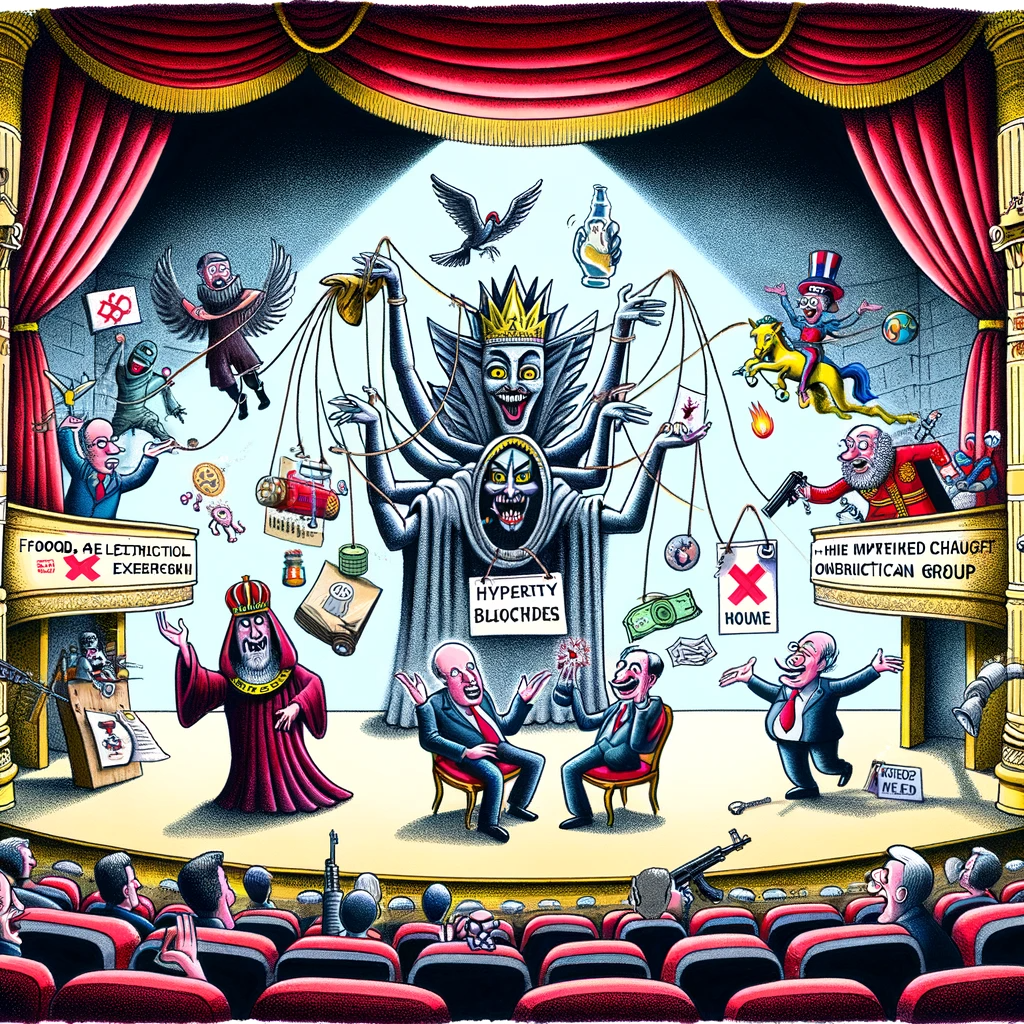In a world where irony is as thick as the rhetoric, Iranian President Ebrahim Raisi delivered an Oscar-worthy performance in the theater of the absurd. With a flourish of his metaphorical cloak, he issued a warning to Israel and its chum, the United States, that they had “crossed the red lines” amid their ongoing tiff with Hamas. Oh, the drama!
On October 7, Hamas, in an apparent bid for the ‘Most Destructive Militant Attack’ award, went all out against Israel. Not to be outdone in this macabre contest, Israel responded with a counter-performance that could only be described as their ‘heaviest-ever airstrikes on Gaza’. The death tolls? Mere statistics in this grand geopolitical game, with over 1,400 Israelis and 8,000 Palestinians turned into tragic footnotes.
Enter Israeli Prime Minister Benjamin Netanyahu, who, in a remarkable display of understatement, declared his country “at war”. As part of his grand strategy, he proceeded to cut off essentials like food, fuel, electricity, and medicine to Gaza. Why not? After all, it’s only 2.3 million people at the receiving end.
Meanwhile, Iran, the paragon of peace and friend to all, stood firmly by Hamas, which just so happens to be designated a terrorist organization by the U.S. The provision of funds and weapons to Hamas? Pure coincidence! Tehran’s hands are clean, or so they say.

In a thrilling twist, Raisi took to X (formerly known as Twitter) to accuse Israel of crossing “the red lines”, while simultaneously chiding the U.S. for supporting such a nation. His statement, cryptic enough to make the Sphinx blush, warned of action that everyone might be forced to take. The details? Shrouded in mystery, much like the “red lines” themselves.
And let’s not overlook the pièce de résistance: Raisi’s masterful accusation of American hypocrisy. The U.S., in a stunning plot twist, supports Israel despite claiming to uphold human rights. Who would’ve thought?
So, there you have it, a satirical tale of warnings, red lines, and the never-ending cycle of accusations. A tale where everyone’s the hero in their own story, and the lines between the jesters and the kings are hopelessly blurred.